
But I still need a Music Studio -- a place to set up my computer, printer, keyboards, and filing cabinets, plus a place to store PA system stuff and odd instruments, as well as music teaching materials and visual aids. Besides that, I need a rehearsal space. Right now I have music stuff strewn all over the house. And even though my husband had built a nice big shed in the back yard to house all of my sets, costumes, props, et al, from doing my shows, it is now filled to capacity and overflowing.
So, I am at a crossroads. My husband always had plans to renovate the basement to give me the space I really needed for my music stuff, but he passed before that could happen. My family now is pushing me to go ahead, draw out plans, hire a contractor, and get it done. But, do I do what I always wanted or turn that studio area into an independent apartment unit? (Apparently, the apartment is the wiser idea for possible future needs in my old age and/or for resale value. But what about now?)
I guess it will really depend on where the bids come in at financially to decide whether I can afford which or any of the upgrades we have on the list. The trouble is the DOMINO EFFECT. If we tear up one area, it affects something else, and that affects something else, and so on.
So, whether I am ready or not, the wheels are in motion. I meet to get bids from three contractors today. Then I have to make a decision. Then I have to ORGANIZE and EDIT years and years of stuff to get it out of the way so renovations can begin.
The road to ORGANIZATION is SCARY!


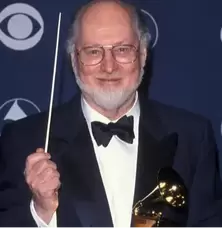
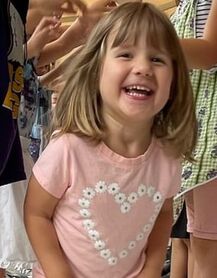
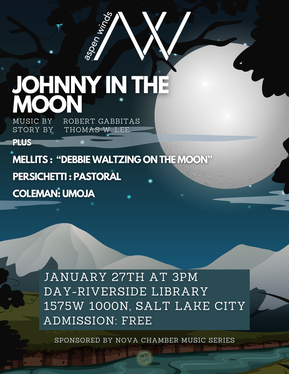
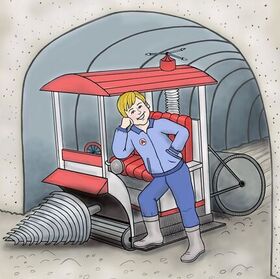
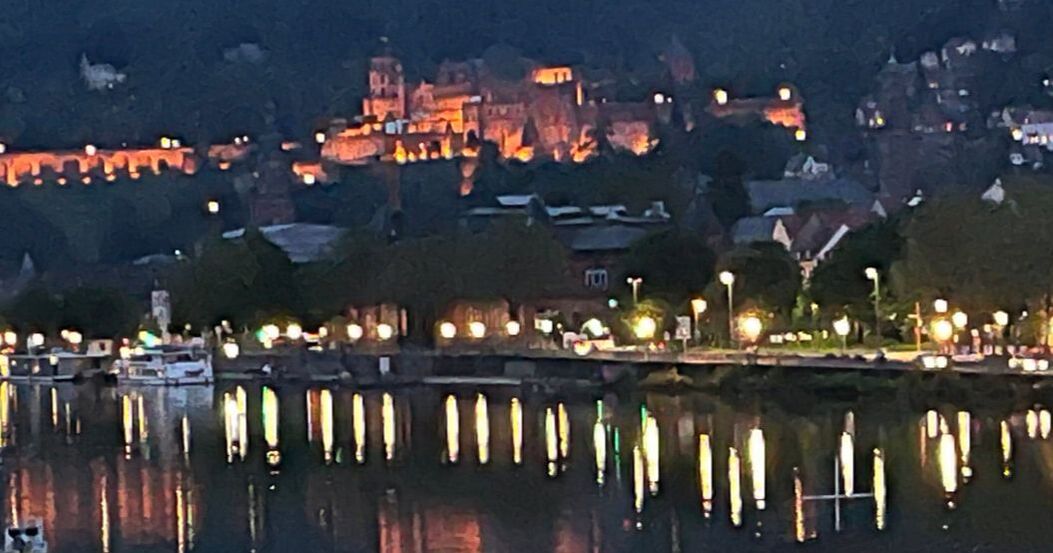

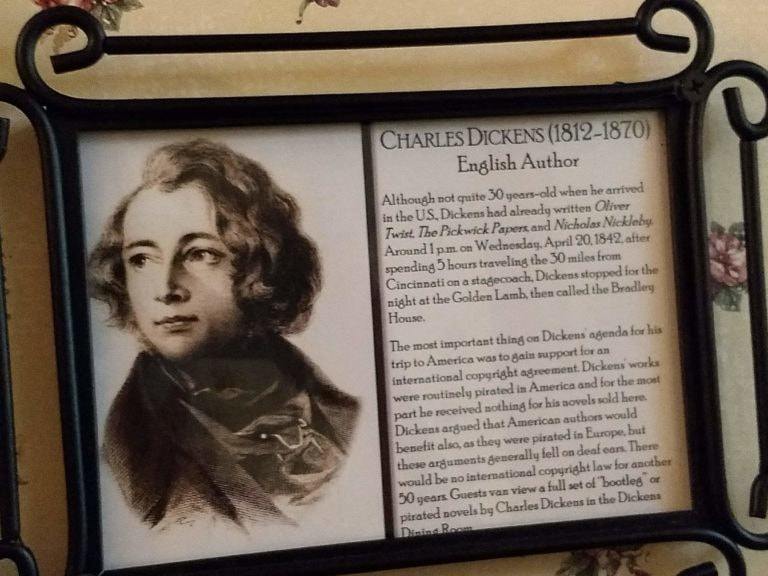
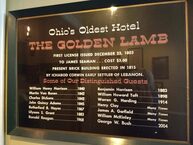
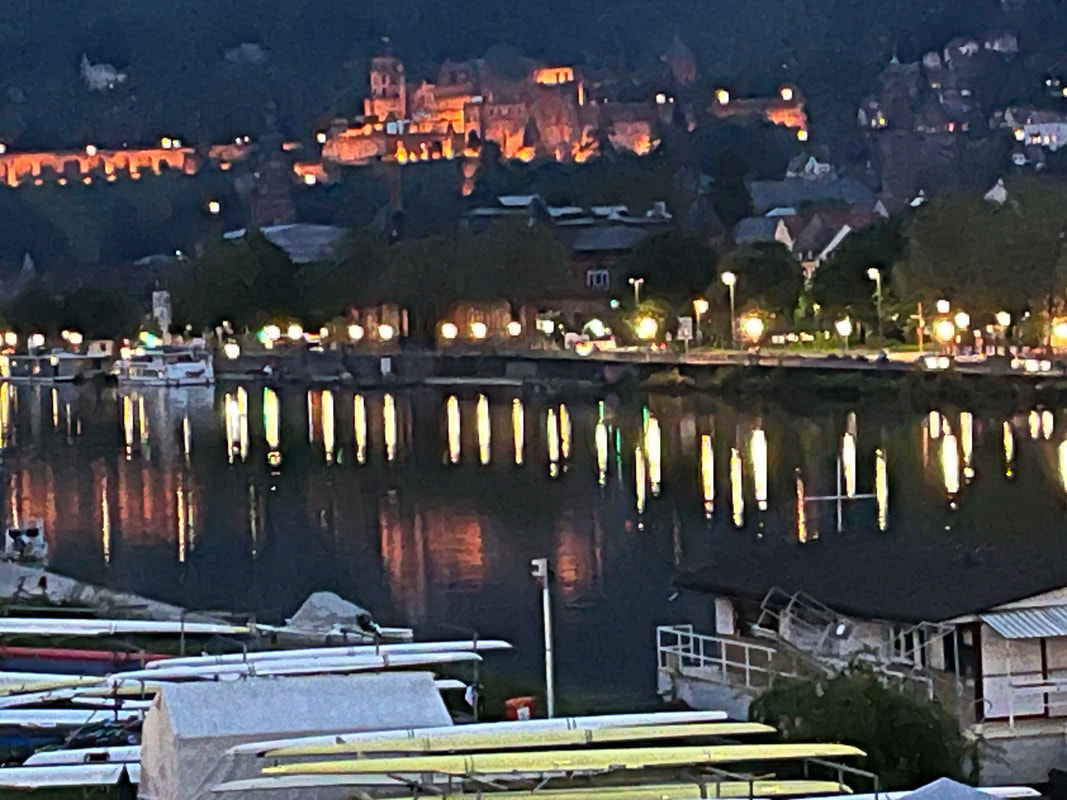
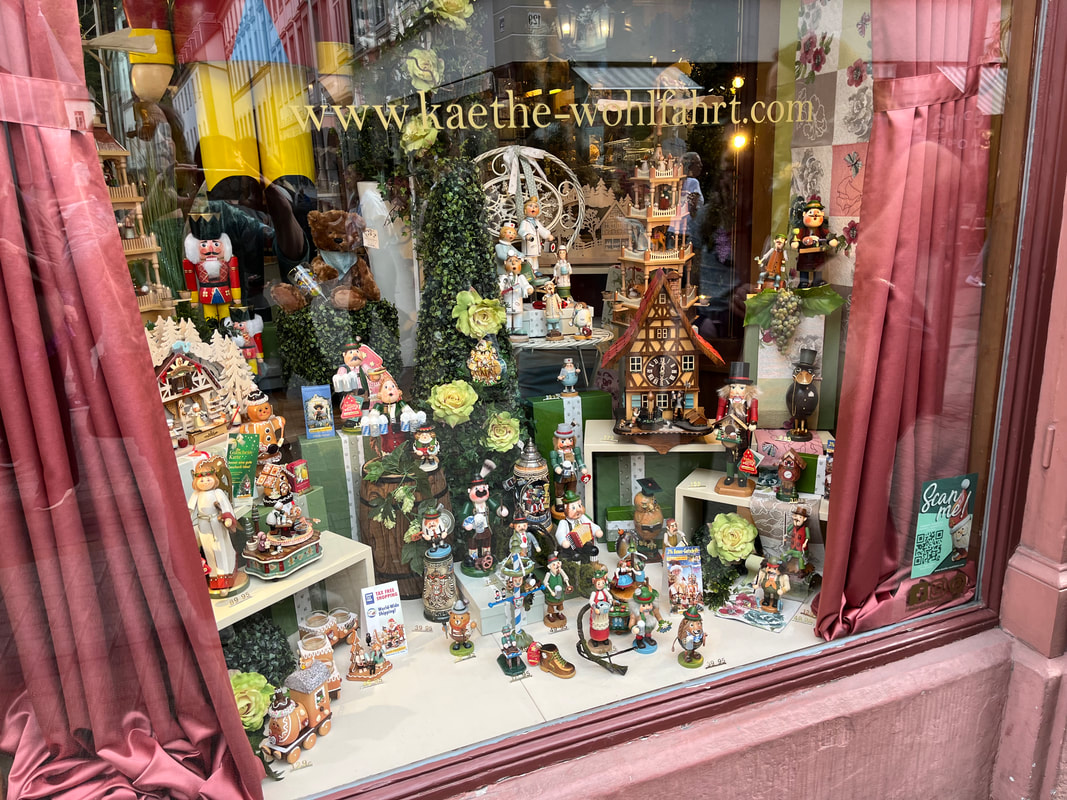
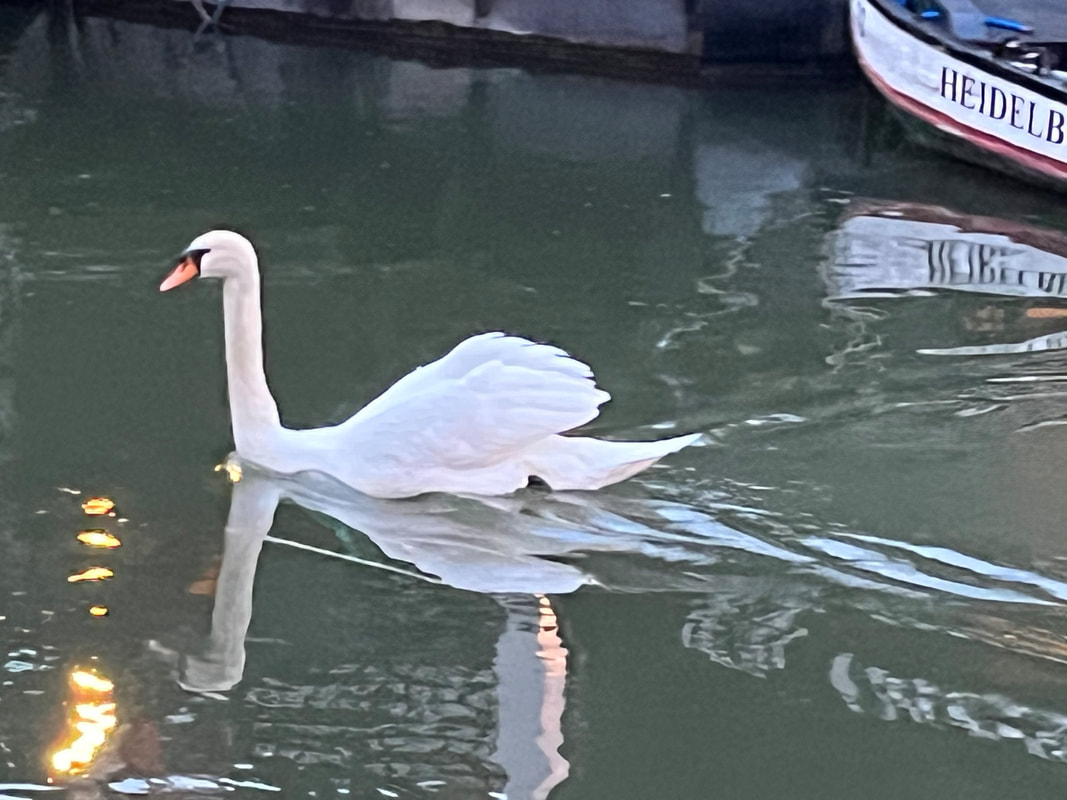
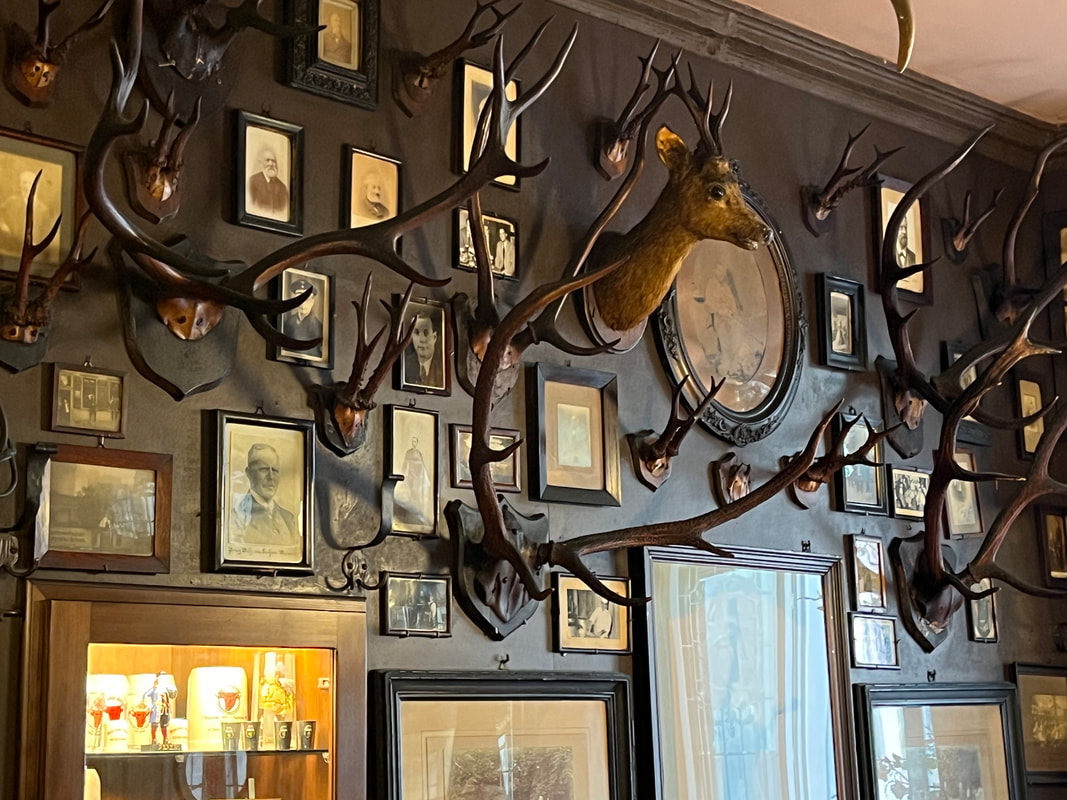

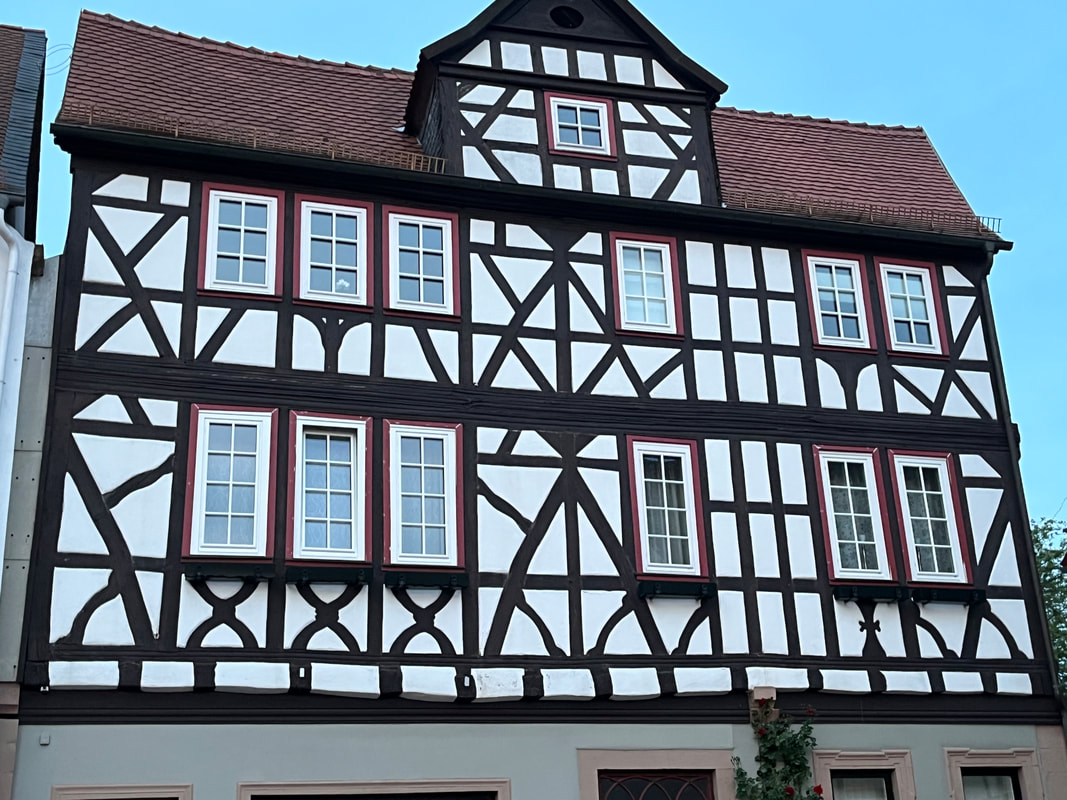
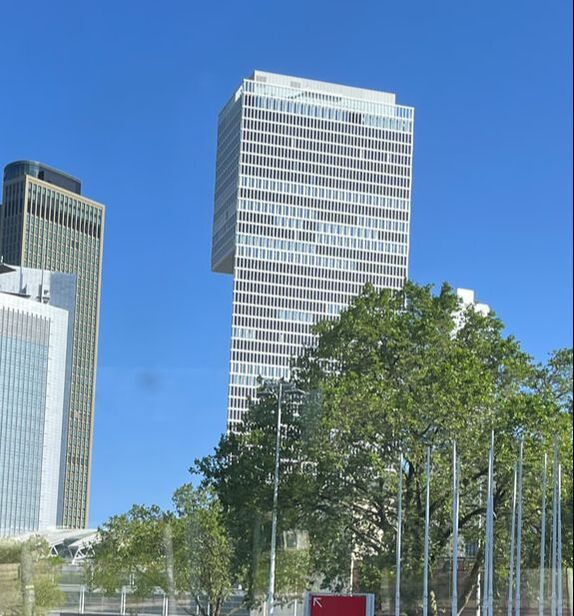
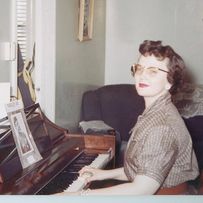
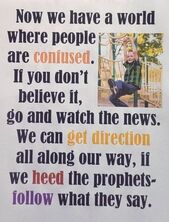
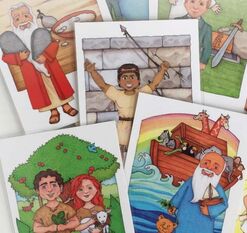

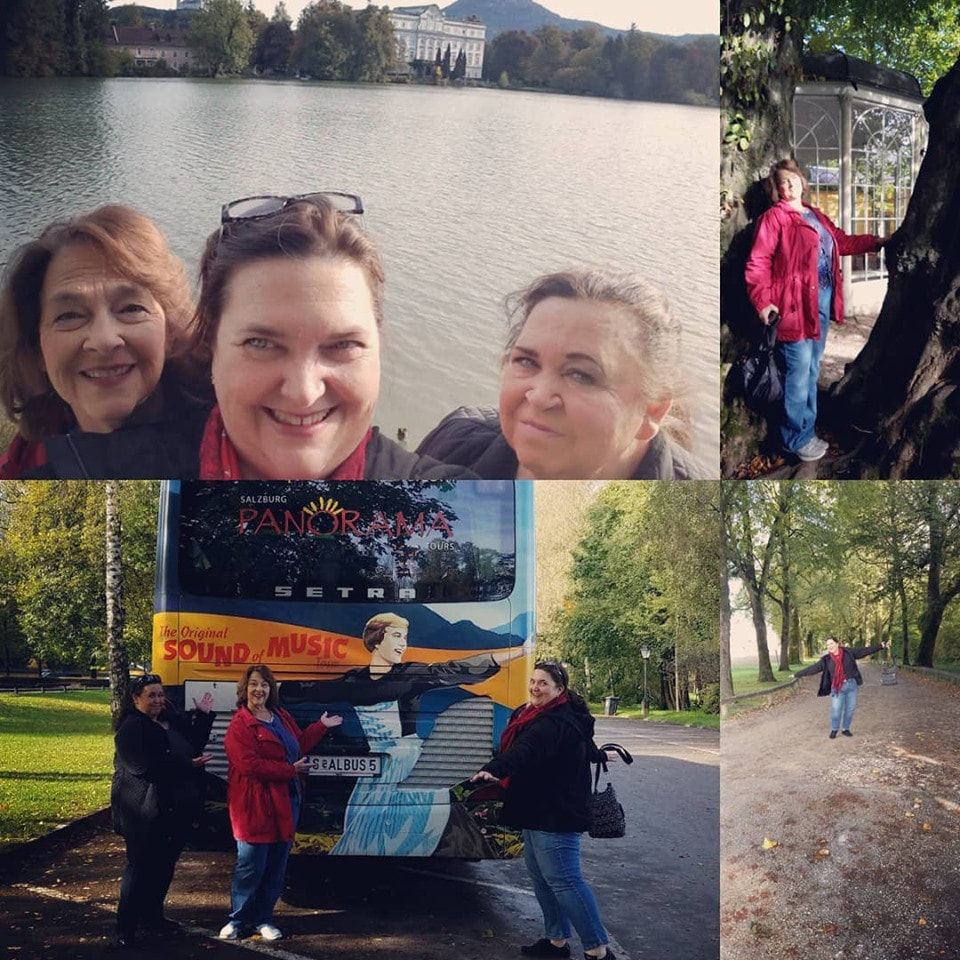

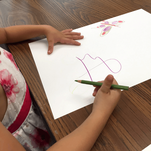
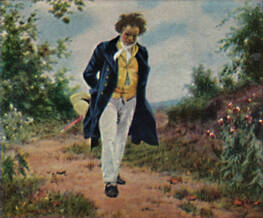
 RSS Feed
RSS Feed